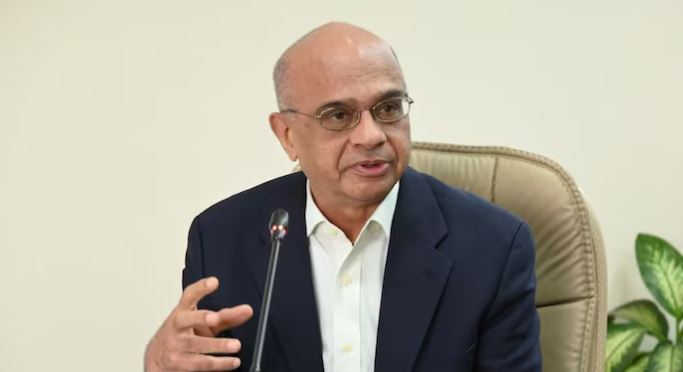New Delhi: India has once again squandered a significant advantage, remarked prominent geostrategist Brahma Chellaney, in response to the unexpected ceasefire declared between India and Pakistan on Saturday. Just hours prior, the threat of an all-out war was palpable as Pakistani forces advanced towards the border while India remained on high alert.
However, by the evening, an unexpected tranquility had emerged. Chellaney expressed his discontent with this turn of events, asserting that India has not learned from its past and is merely repeating historical strategic mistakes. ‘The military movements were advantageous for India. Pakistan’s air defenses were evidently weaker than anticipated, as demonstrated by the performance of the opposing drones. They deployed numerous drones and missiles against India, yet with limited effectiveness.
Conversely, India utilized a smaller number of missiles and drones, successfully striking its targets,’ Chellaney stated during an interview with India Today. He questioned the logic behind India’s choice to de-escalate despite having a distinct military advantage. ‘This highlights India’s longstanding tendency to turn potential victory into defeat,’ he remarked, pondering the reasons behind India’s decision to de-escalate. ‘This pattern of turning victory into defeat has become a recurring theme. Consequently, India continues to relive its historical mistakes. We fail to learn from history, leading to its repetition,’ he added. Chellaney drew parallels between the current circumstances and previous instances where, in his opinion, India relinquished military or diplomatic leverage without securing any enduring strategic advantage.
‘In 1972, we surrendered our wartime gains at the negotiating table without obtaining anything in return from Pakistan. In 2021, we abandoned the strategically significant Kailash Heights, losing our sole bargaining chip in negotiations, and subsequently accepted Chinese-imposed buffer zones in Ladakh, culminating in Operation Sindoor,’ Chellaney concluded.
The conclusion of Operation Sindoor carries significant symbolism regarding the vengeance of Indian women for the murders of 26 husbands; however, the manner in which this operation was concluded, particularly after Pakistan launched a missile towards Delhi, raises numerous unresolved questions.
Chellaney remarked that history will not view India’s decision favorably, labeling the end of Operation Sindoor as a strategic and symbolic error that generates more inquiries than it resolves. These comments follow the announcement of a ceasefire between India and Pakistan after two days of military exchanges. Foreign Secretary Vikram Misri confirmed that Pakistan initiated contact with India, leading to direct negotiations and an agreement for a ceasefire, which was announced on Saturday, marking an unexpected truce after a period of military escalation and increased tensions between the two nations.
Misri stated that the Director General of Military Operations (DGMO) of Pakistan communicated with his Indian counterpart at 3:30 PM, resulting in an agreement to halt all military actions on land, in the air, and at sea effective from 5 PM. The announcement of the ceasefire was surprising, especially since earlier that day, the Foreign Secretary had indicated that Pakistan was mobilizing troops to the border and that the Indian Armed Forces were on high alert, raising concerns about a potential escalation, particularly given the Defence Minister of Pakistan’s repeated media assertions that war was imminent.




